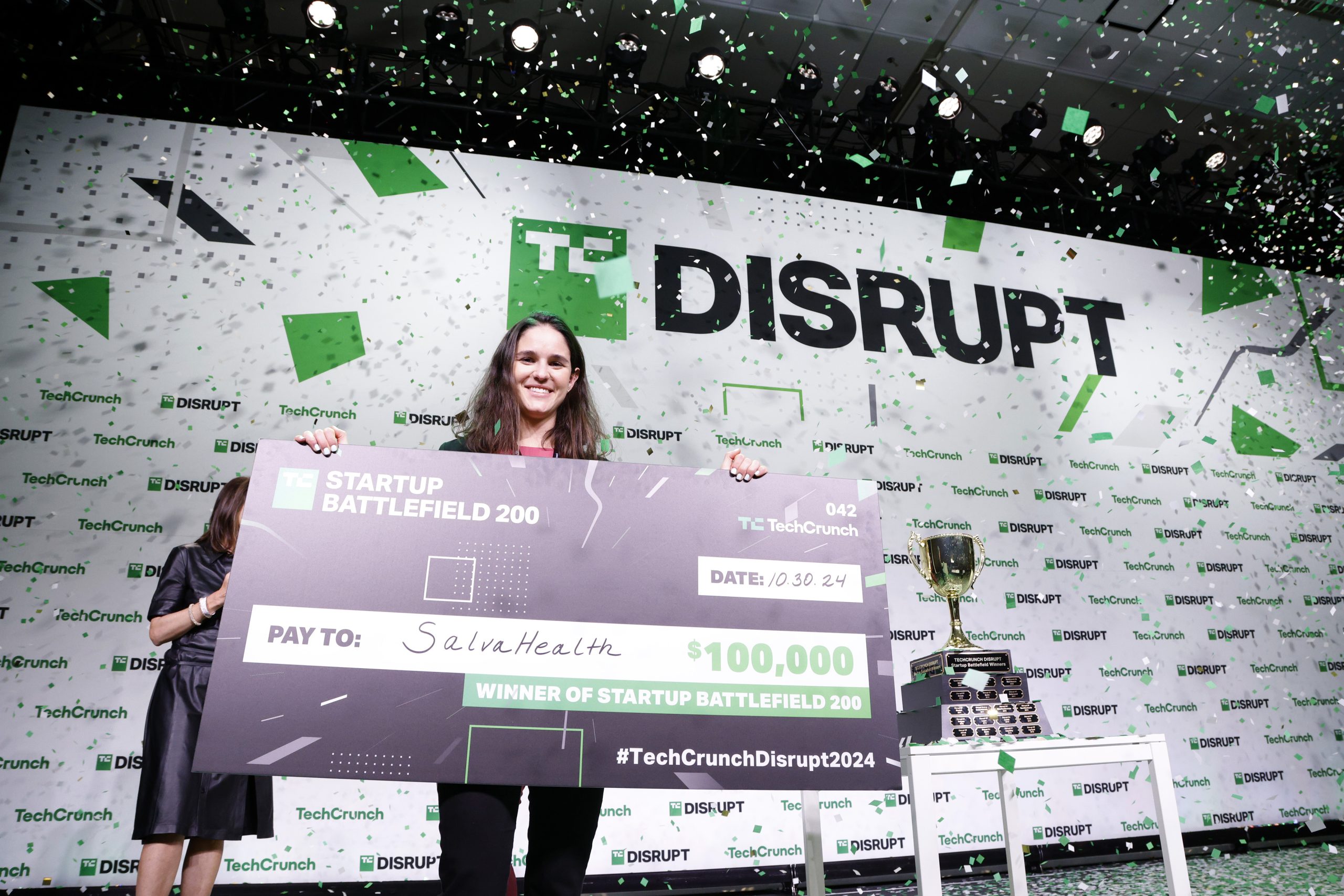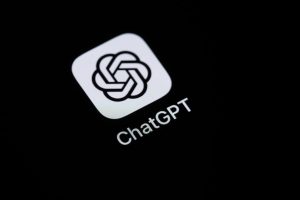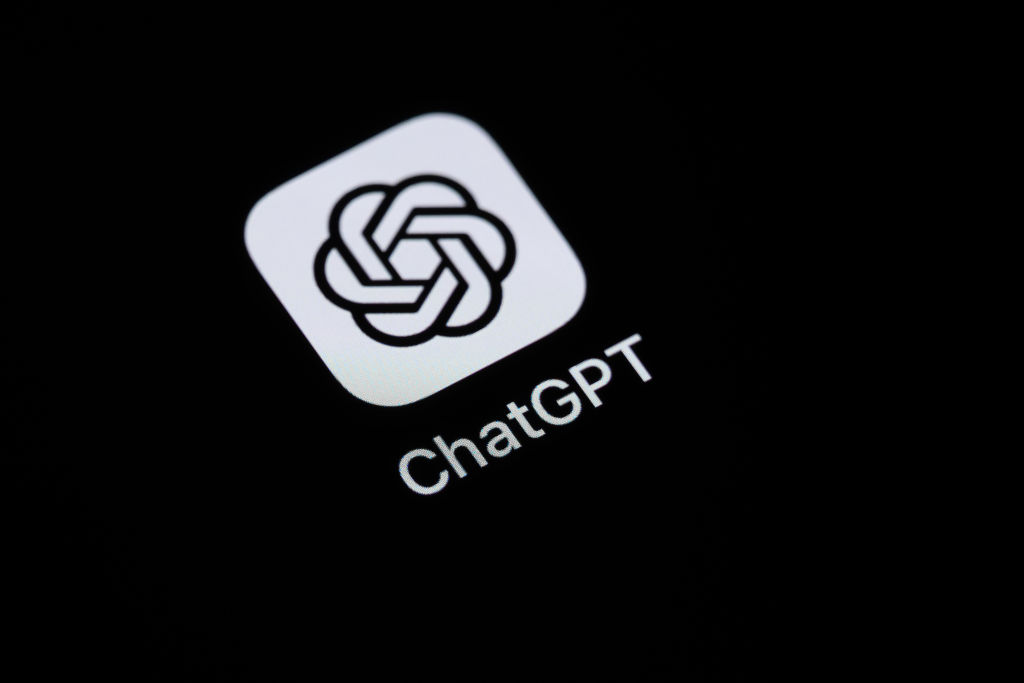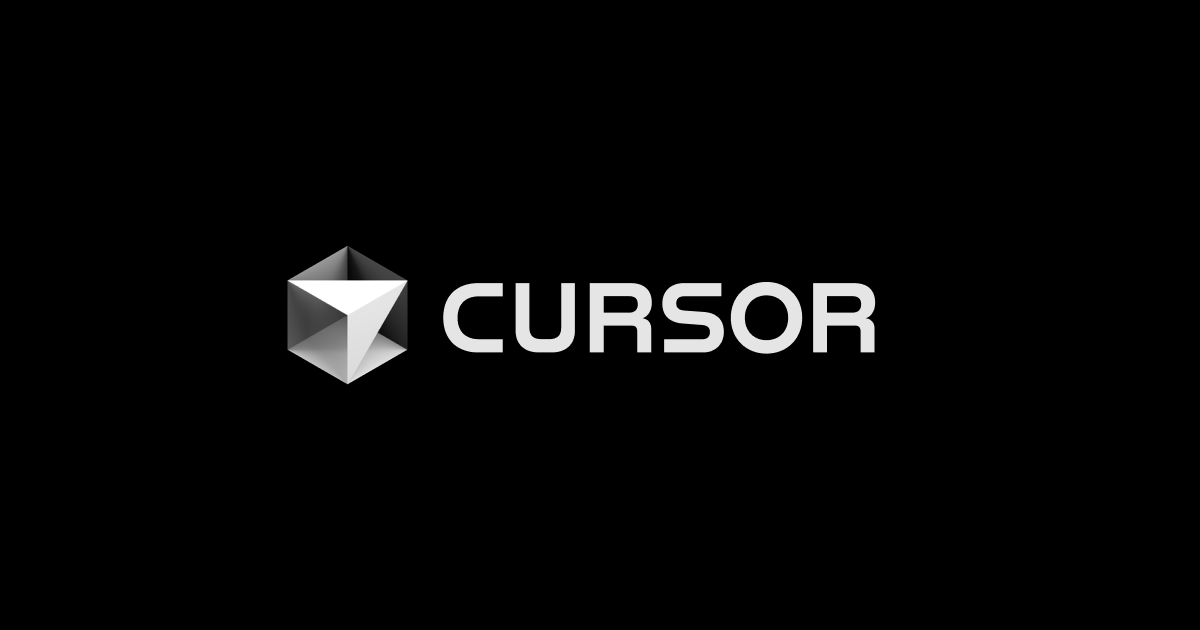
The notion of a dramatically shorter workweek, once a distant utopian dream, has gained fresh momentum with a prominent tech leader predicting its imminent arrival. Eric Yuan, the visionary founder and CEO of Zoom, articulated a bold vision for the future of labor at the recent TechCrunch Disrupt 2025 conference. His central thesis: advanced artificial intelligence, particularly in the form of AI assistants and "digital twins," will soon render the traditional five-day work schedule obsolete, paving the way for a three or four-day workweek within the next five years.
Yuan’s forecast is rooted in Zoom’s aggressive embrace of AI, a strategy he succinctly summarized by declaring his investment focus as "AI, AI, and AI." The company is pioneering features like digital twins—AI-powered avatars capable of speaking and even representing users in virtual meetings. Yuan himself showcased this technology’s potential by deploying his own AI avatar during an investor earnings call earlier this year, underscoring his belief in its capacity to redefine communication boundaries and boost efficiency.
The Shifting Sands of the Workweek
The concept of the workweek itself has undergone significant transformations throughout history, reflecting technological advancements and societal pressures. For centuries, labor was primarily agrarian, dictated by seasonal cycles and daylight hours. The Industrial Revolution brought about factory systems and grueling schedules, often exceeding 70 hours per week. It was only through sustained labor movements in the late 19th and early 20th centuries that the 40-hour, five-day workweek became the standard in many industrialized nations, famously championed by Henry Ford in 1914, who found that shorter hours could actually boost productivity.
Economists like John Maynard Keynes famously speculated in 1930 that technological progress would lead to a 15-hour workweek within a century. While that prediction has yet to fully materialize, the ongoing discussion about work-life balance, accelerated by the remote work revolution spurred by the COVID-19 pandemic, has reignited interest in shorter workweeks. Pilot programs for four-day workweeks have shown promising results in various countries, demonstrating potential benefits like increased employee well-being, reduced burnout, and even enhanced productivity, laying a fertile ground for Yuan’s AI-driven proposition.
Zoom’s Strategic Pivot: Deepening AI Integration
Zoom, which became a household name and an indispensable tool during the global pandemic, is acutely aware of the need to innovate continuously in a competitive market. Its early success was built on simplifying video communication, but the landscape has evolved rapidly, with tech giants like Microsoft, Google, and Meta investing heavily in their own collaboration platforms and integrating sophisticated AI capabilities. For Zoom, AI is not merely an enhancement; it’s a strategic imperative for long-term relevance and growth.
The "digital twin" technology represents a significant leap for Zoom. Imagine an AI replica of oneself, trained on your voice, mannerisms, and communication patterns, capable of attending meetings, summarizing discussions, or even participating in conversations on your behalf. Yuan’s personal demonstration in an earnings call wasn’t just a technical showcase; it was a powerful statement about the company’s confidence in this technology’s maturity and its potential to fundamentally alter how professionals interact. This could free individuals from the constant demand for physical or even virtual presence, allowing them to allocate their time to more critical, creative, or strategic tasks.
Beyond the Avatar: AI’s Broader Workplace Transformation
Yuan’s vision extends far beyond just meeting attendance. He outlined a future where AI companions become integral to almost every aspect of professional life. Consider the arduous process of contract negotiation between two business executives. Instead of hours spent in a live video call, Yuan suggested, their digital twins could engage in initial discussions, analyze terms, identify common ground, and even flag potential sticking points, presenting a refined draft for human review. This scenario highlights AI’s potential to handle the iterative, time-consuming aspects of complex tasks, allowing human intervention at critical decision points.
Furthermore, AI’s utility could revolutionize email management, a notorious time sink for many professionals. Yuan envisions AI checking messages, discerning importance, drafting responses, and effectively triaging inboxes, ensuring that crucial communications are addressed promptly while less urgent ones are handled efficiently. This intelligent automation could significantly reduce cognitive load and administrative overhead. Zoom’s broader suite of solutions, including online whiteboards and collaborative documents, is also slated for AI integration, transforming them from passive tools into active, intelligent assistants that can anticipate needs, suggest content, and streamline collaborative workflows. The overarching goal is to offload mundane, repetitive, and even some analytical tasks to AI, allowing human workers to focus on higher-value activities.
The Allure and Complexities of a Shorter Work Schedule
The prospect of a three or four-day workweek, enabled by AI, offers compelling advantages. For individuals, it promises enhanced work-life balance, more time for personal pursuits, family, education, or leisure, potentially leading to reduced stress, improved mental health, and greater overall well-being. For businesses, a highly efficient, AI-augmented workforce could paradoxically lead to increased productivity per hour, reduced absenteeism, and higher employee retention due to greater job satisfaction. The environmental impact could also be positive, with fewer commutes and potentially optimized resource consumption.
However, the transition to an AI-driven shorter workweek is fraught with complexities and potential challenges. A primary concern is job displacement. While AI is touted as a tool for augmentation, its capacity to automate tasks could lead to significant job losses in sectors reliant on routine or administrative work. This necessitates massive investments in reskilling and upskilling initiatives to prepare the workforce for new roles that emphasize human creativity, critical thinking, emotional intelligence, and complex problem-solving – areas where human capabilities still far outstrip AI.
Furthermore, questions of economic equity arise. Will the benefits of AI-driven efficiency be broadly distributed, or will they primarily accrue to a select few, exacerbating wealth inequality? The ethical implications of digital twins and pervasive AI are also considerable, touching upon issues of data privacy, algorithmic bias, and the potential erosion of genuine human interaction in professional settings. Ensuring that AI development and deployment are guided by robust ethical frameworks and regulatory oversight will be crucial.
Societal Ripples: Economic and Cultural Shifts
A fundamental shift in the workweek would send ripples across the economy and society. Industries catering to leisure, entertainment, and personal development could see a boom as people gain more free time. Urban planning might need to adapt to different commuting patterns and community needs. Educational institutions would face pressure to evolve curricula to prepare students for an AI-integrated future, emphasizing adaptability and lifelong learning.
Culturally, the perception of work and success might transform. If productivity is less tied to hours logged and more to output and innovation, traditional metrics of career progression could change. Management styles would need to evolve from oversight to enablement, focusing on empowering AI-augmented teams. The very definition of "professional presence" could shift, with digital twins potentially handling routine communications while humans engage in more strategic, high-stakes interactions.
Navigating the Future of Human-AI Collaboration
Eric Yuan’s vision, while ambitious, reflects a growing consensus among futurists and technologists: artificial intelligence is poised to fundamentally reshape the nature of work. It’s not just about automating tasks; it’s about reimagining workflows, reallocating human effort, and potentially unlocking unprecedented levels of productivity and well-being. The challenge lies in navigating this transformation responsibly, ensuring that the benefits of AI are harnessed for collective good, mitigating potential downsides, and fostering a collaborative ecosystem where humans and intelligent machines can thrive together.
The road to a three-day workweek, even with AI as a co-pilot, will undoubtedly be complex. It demands not just technological advancement but also thoughtful societal dialogue, proactive policy-making, and a collective commitment to preparing the global workforce for an era where the boundary between human and artificial intelligence blurs, potentially ushering in a new age of work-life integration.







